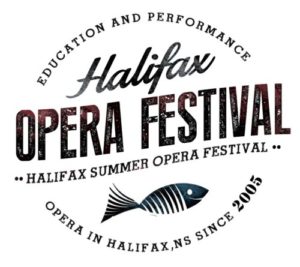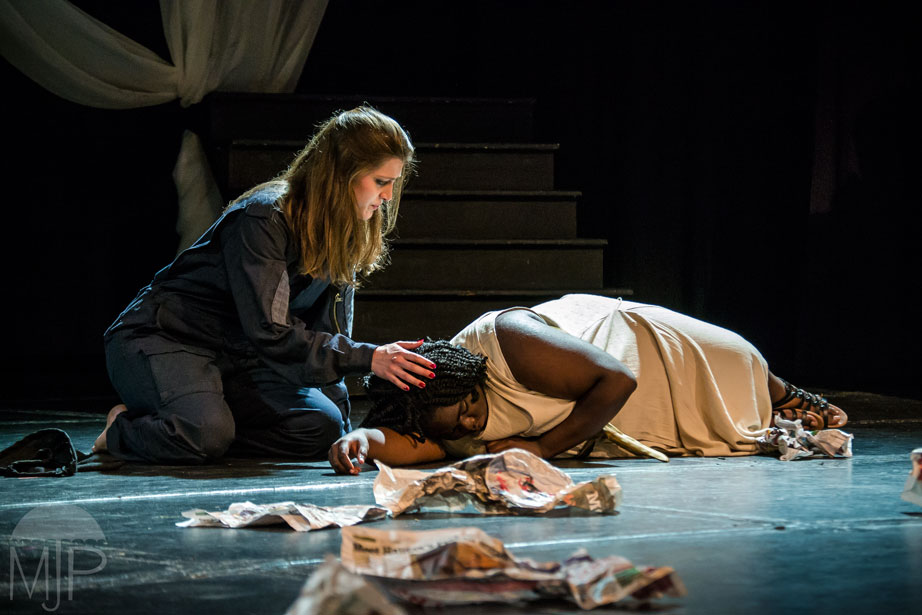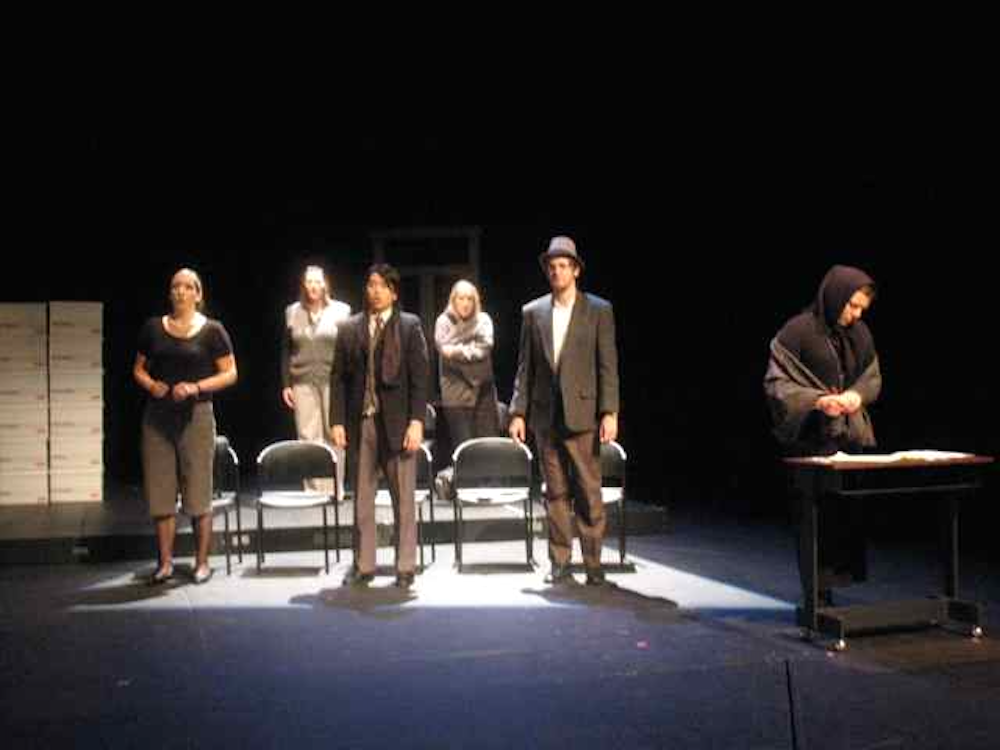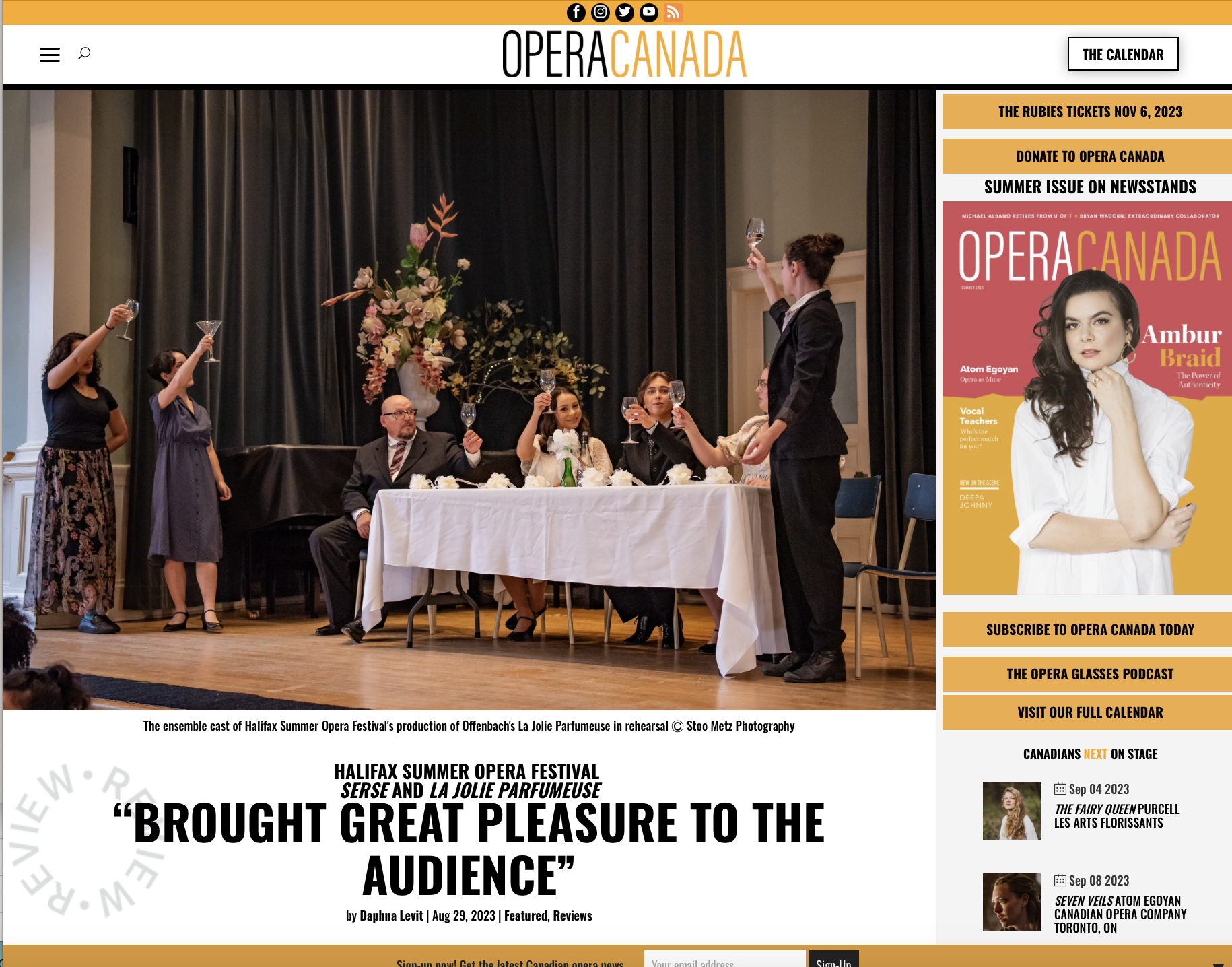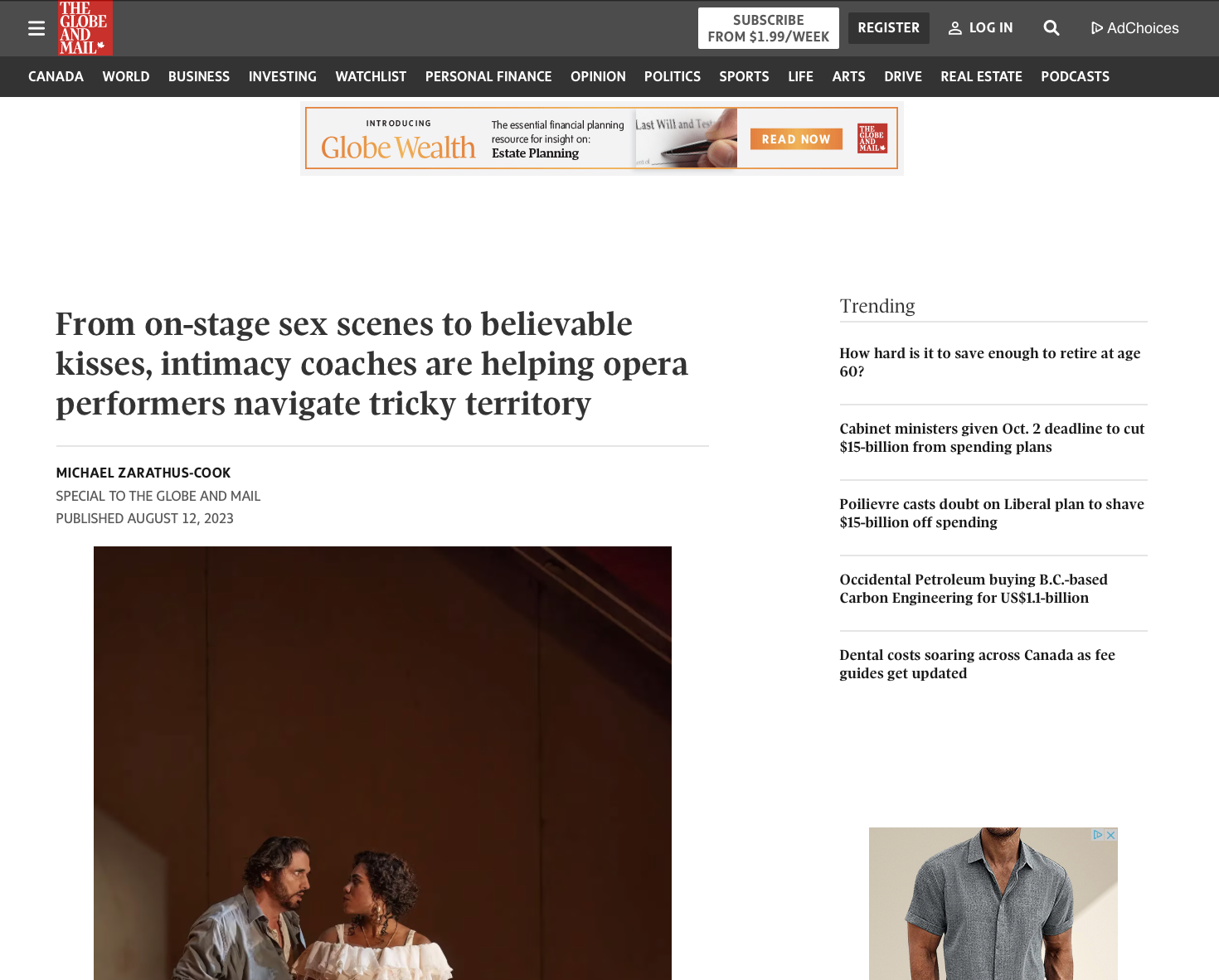As the audition period for the upcoming Halifax Summer Opera Festival has begun, it is my pleasure to share some of my thoughts on auditioning as a singer from a pianist’s perspective. Having been at the piano or at the jury table for countless auditions, I find that one of the most (if not THE most) important aspect of the whole audition process is choosing the right repertoire.
Sing what best represents your voice. This seems like a very obvious statement but how many times have I sat there convinced that the singer could have made a much better impression had she or he sang something else! Bring a few selections that feel good to you and consult your teachers or coaches. If you know something from the role of the opera you are auditioning for, including it is great but if a standard Mozart, Puccini or Verdi aria suits you better, do not be scared to sing that instead. Keep in mind that judges know if they are interested from the first 30 seconds, so pick strategically what you really think is best from start to end.
Besides the quality of singing, also choose something that shows who you are as an actor. I have played many French and German operetta auditions and these usually include a spoken monologue or dialogue since there is quite a bit of text in these works. I’ll admit that opera doesn’t always involve these long spoken bits and many auditions don’t even ask for a text. However, opera is a staged art form and a beautiful voice that doesn’t bring to life their character on stage only offers half of the package. Choose an aria that lets you really dive into the character and convey clear emotions. You don’t need to run around the stage or audition space but you can do more than simply stand at the piano and sing. Give as much as you judge necessary but always remember that singing an opera is not only about singing.
Regarding the pianist playing your audition, if the company provides a pianist this pianist should be (and is probably) familiar with vocal repertoire. The operatic repertoire is huge though so it is impossible that the pianist has played every single aria out there. My advice would be to try and bring selections from the standard repertoire and also pieces that are not very demanding pianistically. Pieces from the anthologies are a pretty good bet but there are many more other “standard” pieces as well. Certain pieces like Largo al factotum, l’Air des Bijoux and the Composer’s aria are standard but since you don’t always know the pianist who is playing, it would be best to generally avoid them. Think of it this way, try to increase all the chances of a successful audition. If the pianist plays well, you are supported and will sing better. Try to make his or her life easier and your life will automatically be easier as well. I also encourage that you have a short conversation with the pianist regarding tempi before singing rather than marking metronomic numbers on the score. Panels will understand that you may have never performed with the pianist present so it is much better to have that conversation prior to starting rather then regret not having it halfway through your audition.
Auditions can be stressful so making good choices beforehand can only help. Best of luck!
—
Pianist Composer
Collaborative pianist for Don Giovanni 2018
www.giancarloscalia.com
